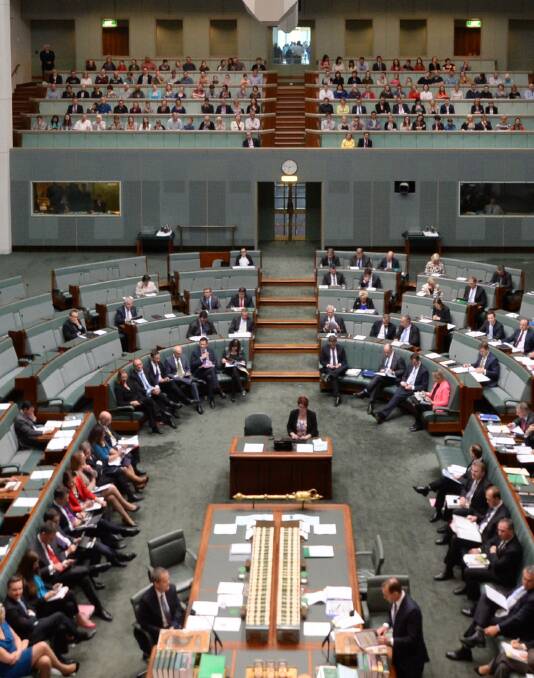AFTER the soul-sapping eight-week federal election campaign, politics is hardly front of mind for most of us.
Subscribe now for unlimited access.
$0/
(min cost $0)
or signup to continue reading
But a call this week to implement fixed four-year terms for federal parliament warrants debate.
Currently, federal elections must be held at least every three years, with the prime minister able to call a snap poll at any point during the cycle. Liberal MPs lit the fuse on an important debate, claiming four-year terms would give governments more time to implement complex policy reforms and end the uncertainty around election timing.
The second point is particularly salient. Ask most business owners and they will tell you whenever a federal election is looming, the market suffers from a sudden onset crisis of confidence.
Customers get nervous about making big investments and the business sector gets jumpy about a new government potentially making sweeping reforms. Fixed four-year terms would provide certainty about the timing of the next election and hence give more surety to businesses.
The revolving door of prime ministers in recent years has only worsened matters, making the electorate more cynical and disengaged in the entire political process. The push for fixed four-year terms has been swirling in Australia since the 1920s.

Indeed, both local and state electoral cycles now follow fixed four-year terms.
But despite having the support of recent prime ministers and Opposition leaders, and despite the clear message from voters they want less politics, the issue remains scrunched up at the bottom of the too-hard basket.
It is a metaphor for how difficult implementing reform is in modern politics. Australia is one of just seven countries across the globe that have three-year parliamentary terms, with 220 others having longer terms.
Of course, longer terms are not a silver bullet solution to political stability.
NSW, the first state to switch to four-year terms, went on to become a byword for political instability and dysfunctional government. But it’s hard to deny longer gaps between elections won’t at least afford governments more time to govern – and it has been a success in Victoria.
Importantly, it would also unshackle them slightly from the dizzying carousel of opinion polls, wall-to-wall social media and populist politics.

